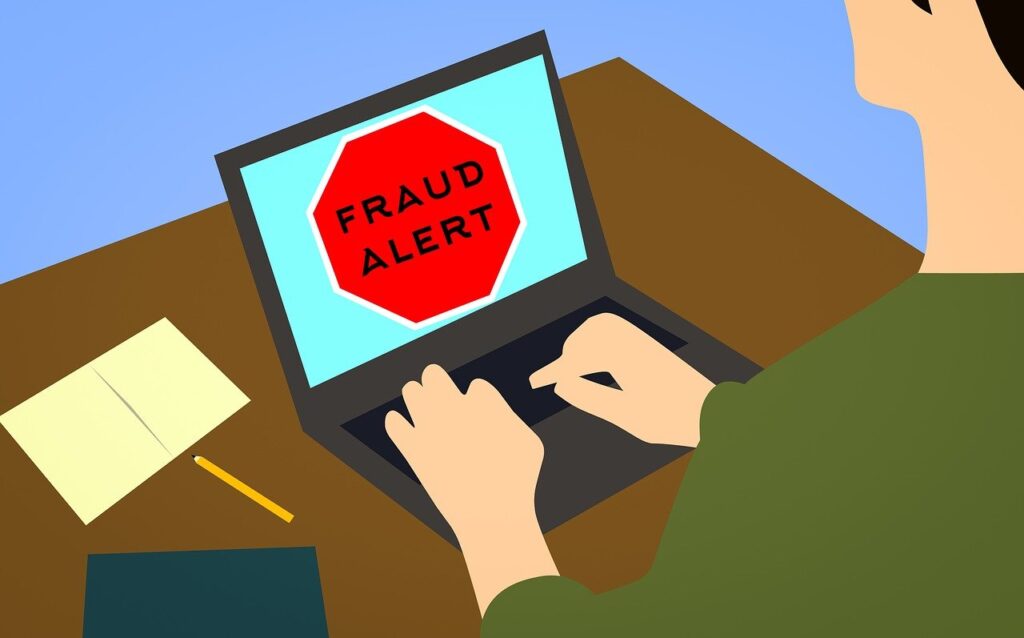Mexico is a popular destination for vacations, but unfortunately, there are some short-term rental scams that target tourists. These vacation rental scams can be devastating for travelers who have saved up for their dream vacation, only to be left stranded without a place to stay. In this article, we will provide tips on how to avoid short-term beach vacation rental scams in Mexico.
How to Avoid Vacation Rental Scams
- Research the Rental Company: Before booking a rental, research the company online. Look for reviews on travel websites, social media, and other online platforms. If the company has many negative reviews or complaints, it may be best to look elsewhere. Additionally, check if the company has a physical address and phone number listed on their website. Scammers often use fake or untraceable information, which can be a red flag.
- Beware of Unusually Low Prices: If a rental seems too good to be true, it probably is. Scammers often use low prices to lure in unsuspecting tourists. Research the average price for similar rentals in the area and compare it to the price you were quoted. If the price is significantly lower, it may be a scam.
- Use a Reputable Rental Platform: Using a reputable rental platform like Airbnb, HomeAway, or VRBO can provide some level of protection against scams. These platforms often have strict verification processes for both hosts and guests, and they offer payment protection, insurance, and fraud prevention.
- Verify the Property Exists: Scammers may use fake listings to trick tourists into sending money for a rental that does not exist. Before booking a rental, ask the company for the property’s address and verify it on Google Maps. You can also use Google Street View to see if the property matches the listing photos.
- Use a Secure Payment Method: Avoid paying for a rental with cash or wire transfer. These payment methods are not traceable, and scammers may disappear with your money. Instead, use a credit card or a secure payment platform like PayPal, which offers buyer protection.
- Read the Rental Agreement Carefully: Before signing a rental agreement, read it carefully and make sure you understand all the terms and conditions. Look for any hidden fees, cancellation policies, or restrictions. If something seems unclear or unreasonable, ask the rental company for clarification.
- Trust Your Instincts: If something about a rental or rental company seems off, trust your instincts and look elsewhere. Scammers often use high-pressure tactics or make unrealistic promises to trick tourists into booking a rental. If you feel uncomfortable or unsure, it may be best to choose a different rental company.
Vacation Rental Websites to Avoid
- Facebook Marketplace is a platform where users can buy and sell various items, including housing and rentals. While it can be a legitimate place to find vacation rentals, it’s important to exercise caution when using Facebook Marketplace for this purpose, just as you would with other online classified ads. Facebook Marketplace is not a dedicated vacation rental platform, and there is limited oversight compared to specialized platforms. Listings may not be subject to the same verification and quality control measures.
- Craigslist: While not a dedicated vacation rental website, Craigslist is sometimes used for short-term rentals. It’s notorious for scams and fraudulent listings. Exercise extreme caution when using Craigslist for vacation rentals.
- Roomorama: Roomorama faced criticism for canceled bookings, payment issues, and poor customer service. It also had limited property listings compared to more prominent platforms.
In conclusion, avoiding short-term beach vacation rental scams in Mexico requires research, caution, and common sense. By following the tips outlined in this article, you can protect yourself from scammers and enjoy a safe and memorable vacation.




